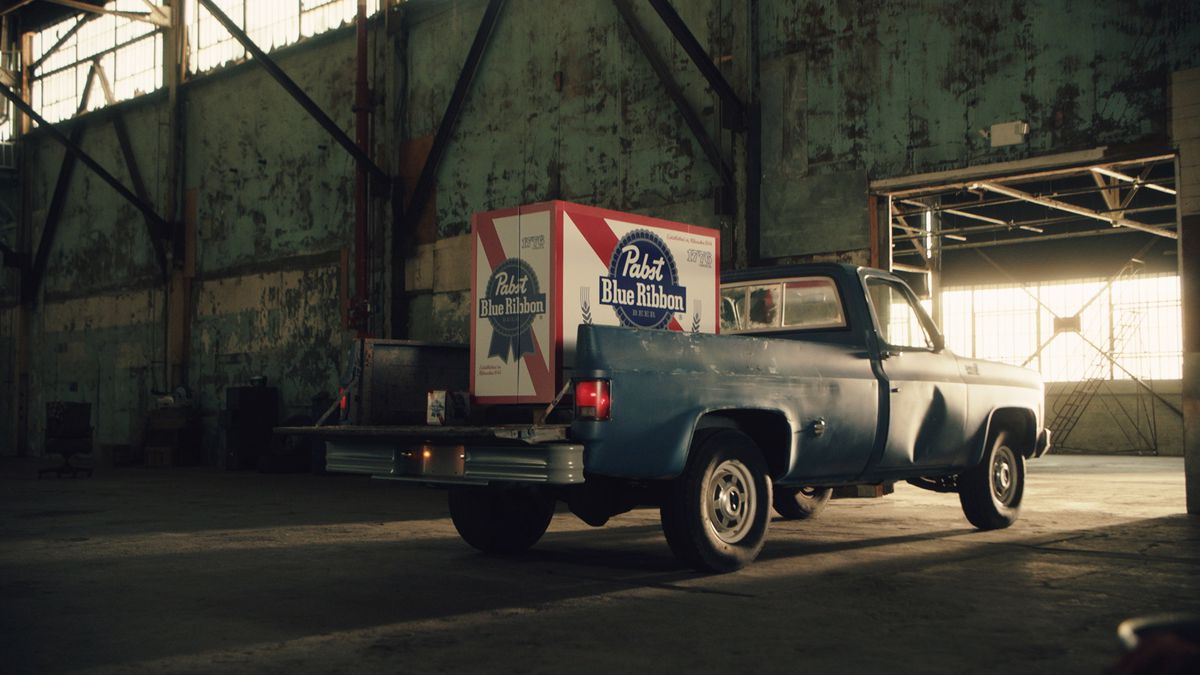
In a world where wine is considered a "healthy" drink, how do you ensure you are selecting the best, healthiest wine when at the liquor store? We all want the benefits of antioxidants along with the relaxing effects of a nice buzz, minus the residual effects of too much sugar, additives, tannins, or even extra calories.
Here, we have all the answers to your burning questions about wine. Below, we uncover what makes wines vegan (or more importantly, what can make some wines not vegan), plus what makes them organic, natural and biodynamic. Read on for our criteria on what constitutes "healthy wine" and how to ensure you're buying a bottle that meets your standards.
Is Every Bottle of Wine Vegan?
Vegan wine: You might be surprised to learn that some wine is not technically vegan. Animal by-products are often used as processing aids, called fining agents. Fining agents are added to wines typically to bind and remove unwanted substances. For example, egg whites are sometimes added to red wine in the barrel to absorb and remove tannins. Casein, a milk protein, is often used in white wines to achieve more clarity. Some winemakers use bone fragments in the distillation process. And in the growing process, many winemakers use microorganisms and earthworm exoskeletons in the soil of the vines. Just to really gross you out, the filtering process can also involve the use of isinglass, which is a fish bladder that's used to remove any particulate matter to make white wines clearer.
“The reason that a lot of companies use fining agents is because there is market pressure to get a product into the stores, and they’re trying to rush a natural process,” says Helen Johannesen (of Helen’s Wine Shop based in LA) on her podcast, WINE FACE. “All of this stabilizing and fining would happen naturally if people would allow time for it to happen.” She continues to explain, if you're buying wine at a standard grocery store, there is a good chance that an animal-source fining agent was used. Buying from a local wine shop means that you may have a better chance of getting a great wine, and being able to learn about the production process. Ask if it's vegan.
As for the healthy-or-unhealthy metric, vegan wine is not strictly one or the other. You can have a conventional vegan wine that’s filled with a bunch of additives that many would consider unhealthy. But if you personally consider not using animal byproducts in any aspect of the winemaking process as "healthy," then choosing a vegan wine may be a good option for you.
Tip: How do you know if wine is vegan? Seeking a vegan wine often requires doing your own research. Don’t trust that even a sommelier at a high-end restaurant will know if their wines are vegan or not. There are some great resources to help: Barnivore keeps a searchable database of vegan wines. Also, BevVeg is a vegan wine certification site that some winemakers have adopted. You can check out a list of BevVeg certified brands here. In a recent article, PETA published an excellent list of favorite, best-tasting vegan wines, specifying brands to look out for.
Organic wine: There are two defining characteristics of organic wine: No pesticides used in growing or processing the grape, and no sulfates added to the wine. The USDA gives the organic wine designation, and they have strict guidelines for producers. In addition to farming, synthetic pesticides and herbicides are not allowed in order to pass USDA’s organic certification qualifications. Any kind of pesticide that has been determined to be harmful to the environment or to people is not allowed. Note, just because a wine is organic, does not mean it’s vegan. Sometimes animal-based fining agents are still used in organic wines.
Natural wine: Natural wine represents wine made with minimal intervention, both in the vineyards and in the cellar, often called “low intervention” wines. While there is no official designation for a natural wine (like there is for organic wine), generally, the criteria for natural wine is as follows:
- Organic grapes (or biodynamically grown grapes).
- Hand-picked / harvest (no technology in the field).
- Low-yielding vineyards.
- No added sugars, cultivated (cultured) yeasts, or foreign bacteria.
“Many traditional winegrowers around the world are reviving traditional agriculture with modern techniques and know-how,” says Drew Cuddy, managing partner at Satellite, a natural wine shop, and restaurant in Santa Barbara. “It takes more physical labor and an interest in truly working in harmony with nature, but the benefits are that the wine is simply better and winegrowers families don't need to fear the effects of using Roundup and other incredibly destructive chemicals at their homes.”
Tip: Since the natural wine movement originated in France in the 1960’s, many natural wine bars and shops have been popping up around the country. Next time you're going out for a glass, do a quick search for “natural wine bars.”
Biodynamic wine:
Biodynamics, as defined by the Biodynamic Association, is a "holistic, ecological and ethical approach to farming," created by Dr. Rudolf Steiner in the 1920s. Biodynamic farming incorporates holistic practices of the past include using aspects of astrology and focusing on the farm as a complete ecosystem. They also ensure a “clean” winemaking process so there are no pesticides or fertilizers used. A core premise is gaining a wider connection to the world and the universe. They believe that there are hidden elements that connect a vineyard with the farmers who care for and cultivate it.
What makes a wine healthy?
While everyone’s definition of a healthy wine might vary, below are some of the key criteria that you might use to constitute a beneficial beverage.
- Rich in antioxidants: Dry red wines, since they maintain their grape skins during fermentation, pack a more powerful antioxidant punch. Antioxidants found in red wines are called polyphenols, which have been shown to protect the lining of blood vessels in the heart. Studies have shown that drinking red wine (in moderation) has been linked to lower risks of cancer, stroke, and heart disease.
- Low in sugar: Less residual sugar often means fewer calories, so if you are calorie counting, or just seeking less sugar in your diet, then stay away from the sweeter wines like Moscato. Typically a dry white or a dry red will tend to be lower in calorie count (110-130 per 5-ounce pour). There are also specific ‘skinny’ brands of wine that promise about 80-100 calories per glass. Those typically tend to be lower in alcohol (since most of the calories in wine come from the alcohol). But, you might be better off just drinking a smaller pour of a dry red, natural wine.
- No pesticides: Since organic wines are void of pesticide residue, and so are natural wines, some may say they are in fact healthier. Because of the organic farming principles used, they are also healthier for the environment. Also, organic wines don’t have added sulfites and preservatives that can trigger negative side-effects for people like asthma-like symptoms and headaches. Whatever the type, choose organic or natural whenever you can.
- Alcohol Content. It's possible to enjoy a few more sips of your favorite wine without as much buzz if you choose a wine with a lower alcohol content per ounce. While the difference between 10 percent for most whites to up to 15 percent for some reds sounds negligible, this translates to a higher blood alcohol level the more you drink. Two glasses of a sip with higher alcohol content leaves you with three times the amount of buzz as the lower option, which can affect your early morning workout as well as your health if you are concerned with how much alcohol you drink in a week.
Since wine labeling does not disclose everything you might want to know, it can be tough to find a wine that meets your personal needs. Cuddy notes to be wary of buying wine from a grocery store. “Do not do it!” says Cuddy. “The wines there are almost all guaranteed to be mass-produced, heavily manipulated, have near the maximum allowable SO2 [sulfite] content, and will have many of the stabilizers, coloring agents, clarifiers, and a litany of other non-wine ingredients they are allowed to add but not label.”
When possible, seek out wine from your local wine shop. The sellers who choose to work at local wine stores tend to be extremely knowledgeable about wine, and many up-and-coming shops are natural-wine focused, so you'll certainly find some great, natural, and organic wines from low-yield producers. They will also likely be able to tell you whether a wine is vegan or not—if that's a box on your wine-criteria checklist.
January 28, 2021 at 10:06PM
https://ift.tt/2YpY8FA
Your Ultimate Guide to Choosing a Healthy Vegan Wine - The Beet
https://ift.tt/31lUVcw
Wine

No comments:
Post a Comment